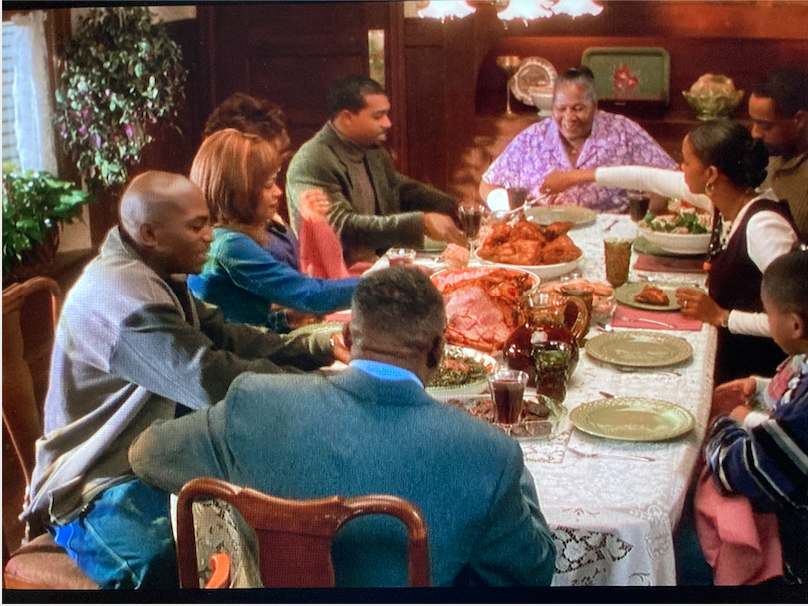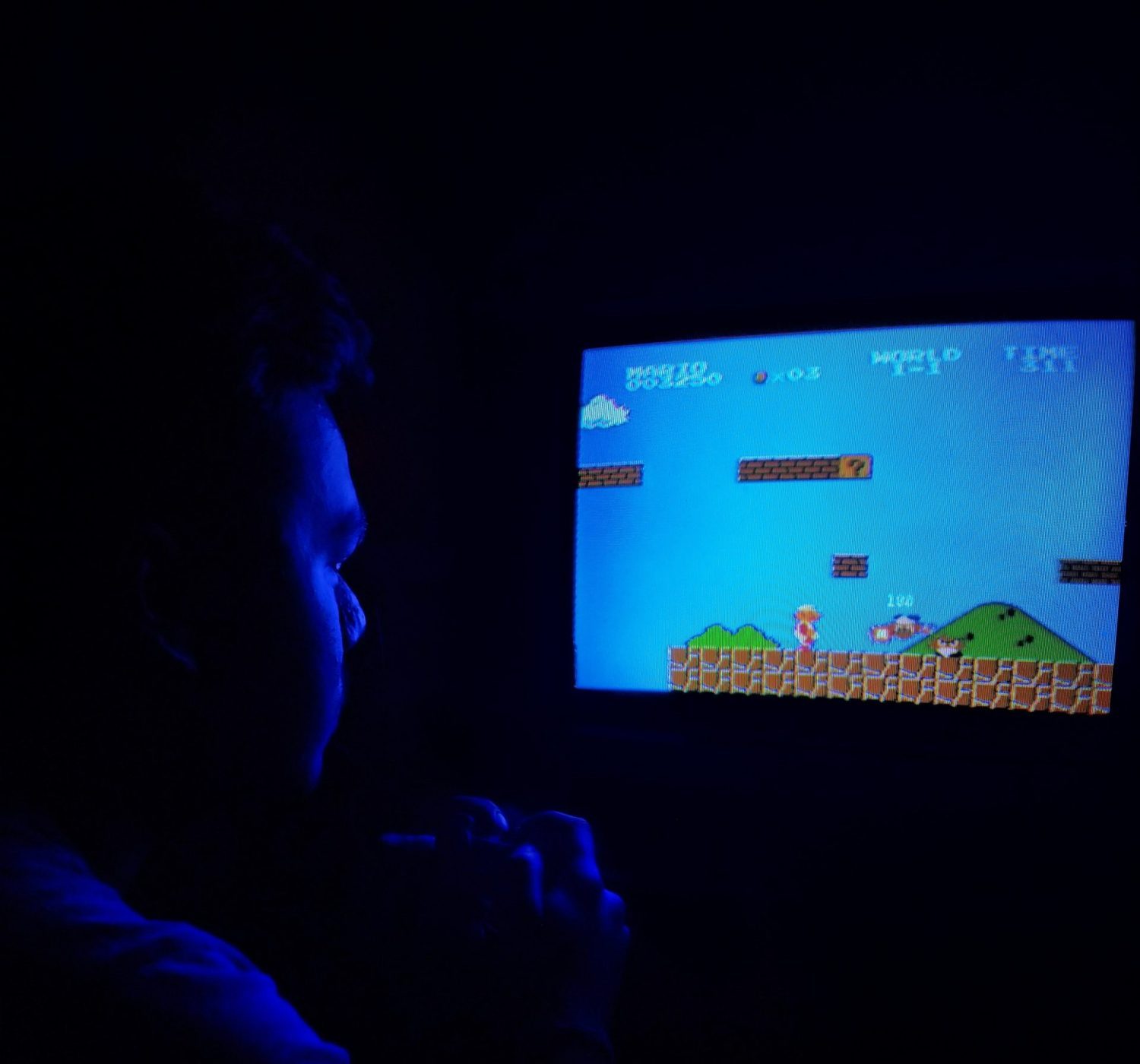A World of Snackers? Parallels between the Analog and the Digital Age: The Japanese Experience

In 2007, a few months before the launch of the iPhone, journalist Nancy Miller reflected on the ominous impact its predecessor, the iPod, was having on consumer behavior. As a handheld device, the iPod could store bulky album collections, allowing its owners to listen to music on the go. Miller also made a more ominous point, suggesting that Apple’s intentions were more far-reaching: the company was enticing consumers to watch television and movies, play games, and follow the latest fashion trends on the Internet-enabled device, freeing people from being stuck at home when it came to consuming content. To help readers visualize what this future portended, Miller used candies and snacks as examples. She presented the Mini Oreo, introduced by the multinational…



